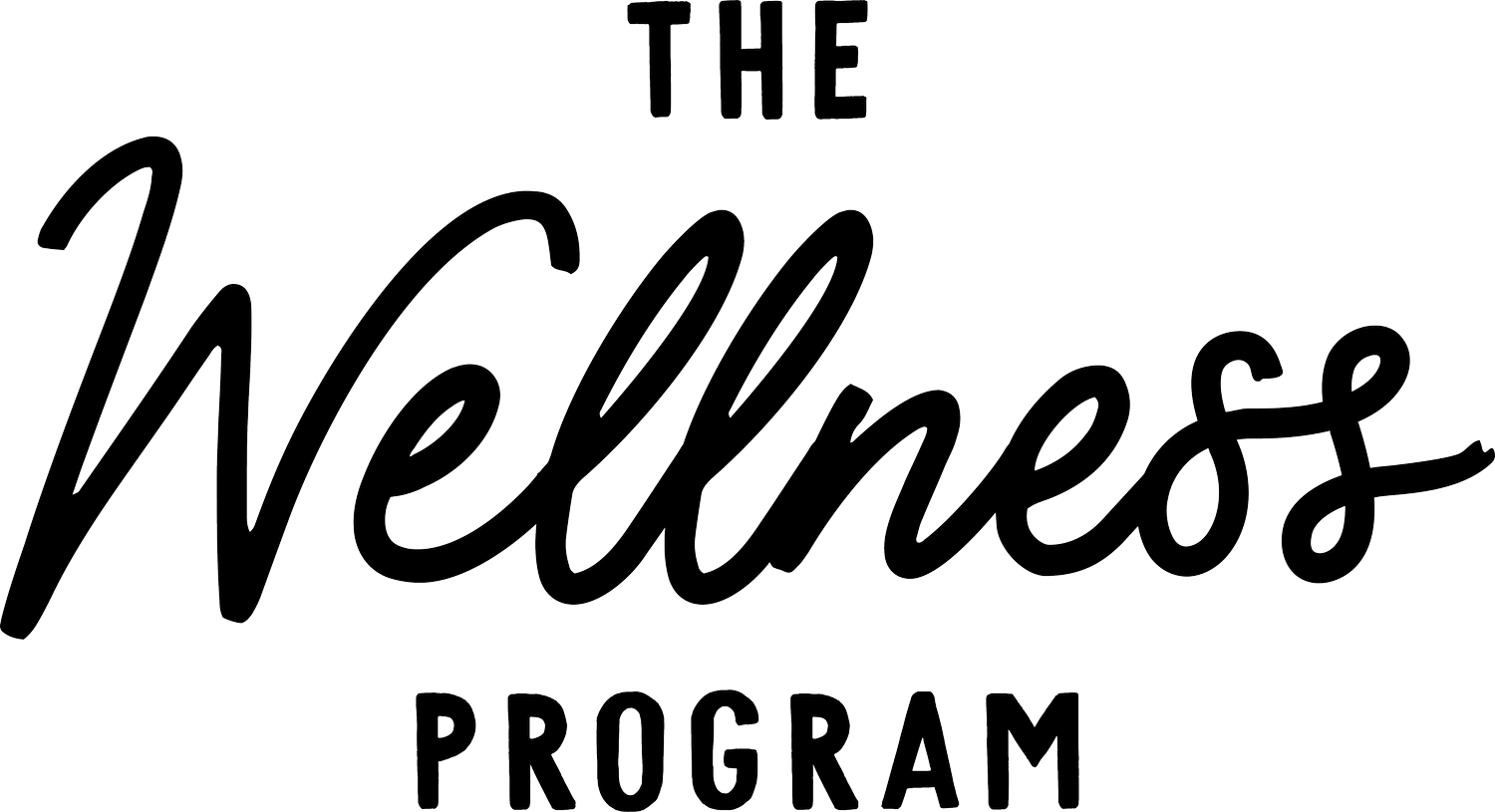Gut Feelings: Understanding the Mind-Gut Connection
Photo by Vitalii Pavlyshynets on Unsplash
When it comes to health and wellness, most people focus on either the body or the mind, often treating them as separate entities. However, a growing body of research reveals a fascinating and vital link between the gut and the brain, known as the mind-gut connection. Understanding this connection can transform the way we approach mental health, nutrition, and overall well-being.
What is the Mind-Gut Connection?
Have you ever had a "gut feeling" about something? Turns out, that phrase might be more accurate than we think! Your gut and your brain are constantly chatting with each other, and this intricate relationship is mediated by the gut-brain axis, a complex network involving the central nervous system (CNS), the enteric nervous system (often called the "second brain"), and the gut microbiome.
Your gut isn’t just for digestion—it’s home to trillions of tiny microorganisms (collectively known as the microbiome) that help keep you healthy. These friendly bacteria don’t just take care of your stomach; they also send signals to your brain that can impact your mood, energy levels, and even how you think. These signals travel back and forth between the gut and brain via the vagus nerve and through chemical messengers called neurotransmitters, such as serotonin and dopamine.
How Does the Gut Affect Mental Health?
A staggering 90% of the body’s serotonin, a key neurotransmitter associated with mood regulation, is produced in the gut. When the gut microbiome is imbalanced—a condition known as dysbiosis—it can lead to inflammation and disrupt the production of these neurotransmitters, potentially contributing to conditions like anxiety, depression, and brain fog. In simple terms, when your gut isn’t in tip-top shape, it can affect how much of this "feel-good" chemical your body produces.
Stress can also mess with your gut. When you’re anxious or overwhelmed, your gut can react by becoming upset—think bloating, discomfort, or even IBS. It’s like a two-way street where your mind and gut influence each other.
Signs Your Mind-Gut Connection May Be Out of Sync
Digestive issues: Bloating, constipation, diarrhea, or frequent discomfort.
Mood swings: Sudden changes in mood, irritability, or heightened anxiety.
Fatigue: Persistent tiredness or lack of energy despite adequate rest.
Brain fog: Difficulty focusing or experiencing mental clarity.
Weakened immunity: Increased susceptibility to colds or other illnesses.
Strengthening the Mind-Gut Connection
The good news is that improving the health of your gut can have a profound impact on your mental and physical well-being. Here are actionable steps to nurture your mind-gut connection:
Prioritize a Gut-Friendly Diet
Include foods rich in probiotics, such as yogurt, kefir, kimchi, and sauerkraut, to boost beneficial gut bacteria.
Eat prebiotic foods, like garlic, onions, bananas, and asparagus, which feed healthy gut microbes.
Minimize processed foods and added sugars, as they can disrupt the microbiome.
Manage Stress Levels
Explore simple relaxation activities like gentle yoga, mindfulness meditation, or taking a soothing walk outdoors, to calm the nervous system.
Incorporate regular movement into your day, whether it’s a short stretch session or a light workout you enjoy.
Stay Hydrated
Adequate hydration is essential for nutrient absorption and helps your digestion run smoothly.
Get Quality Sleep
Aim for 7-9 hours of uninterrupted sleep per night to give your body and gut time to recover and repair.
Consult a Professional
If you suspect gut imbalances are affecting your health, consider consulting a nutritionist, therapist, or functional medicine practitioner for personalized guidance.
The mind-gut connection is a reminder that our mental and physical health are inextricably linked. By taking small, manageable steps to care for your gut, you’re setting yourself up for a happier mind and healthier body. Wellness doesn’t have to be complicated; sometimes, it starts with the food on your plate and a little extra self-care.

